A-levels
Courses for all
Choosing A-levels can be a daunting task, and Hurst aims to provide all prospective Sixth Formers – both from within and outside the college – with as much support and information as possible about the opportunities that lie before them.
The college currently offers a large range of A-level subjects. To help with decision-making, prospective Sixth Formers and parents are invited to a Sixth Form Choices Morning, when the heads of every academic department deliver talks on their subjects and programmes of study.
Our advice to students is consistent – focus first on what you love. There are other considerations, such as required subjects for their higher education ambitions and entrance requirements in the form of GCSE grades which need to be met – but first and foremost is a passion for the subjects. Young people should spend their Sixth Form years studying the subjects that fascinate them.
A-levels have changed considerably in the last few years, and the Hurst Sixth Form has changed to reflect that. The college does not enter Lower Sixth students for AS-levels, which do not contribute to final A-level grades, instead we set our own internal predicted grade exams at the end of the first year. This allows more time for students to develop a deeper conceptual understanding which is the key to A-level success.

 Art and Photography
Art and Photography  Biology
Biology  Business Studies
Business Studies  Chemistry
Chemistry  Classics
Classics  Computer Science
Computer Science  Dance
Dance  Design and Technology
Design and Technology  Drama
Drama  Economics
Economics  English
English  Extended Project Qualification (EPQ)
Extended Project Qualification (EPQ)  Geography
Geography  History
History  Mathematics
Mathematics  Modern Foreign Languages
Modern Foreign Languages  Music
Music  PE and Sports Science
PE and Sports Science  Physics
Physics  Politics
Politics  Psychology
Psychology  Religion, Ethics & Philosophy
Religion, Ethics & Philosophy  Sociology
Sociology